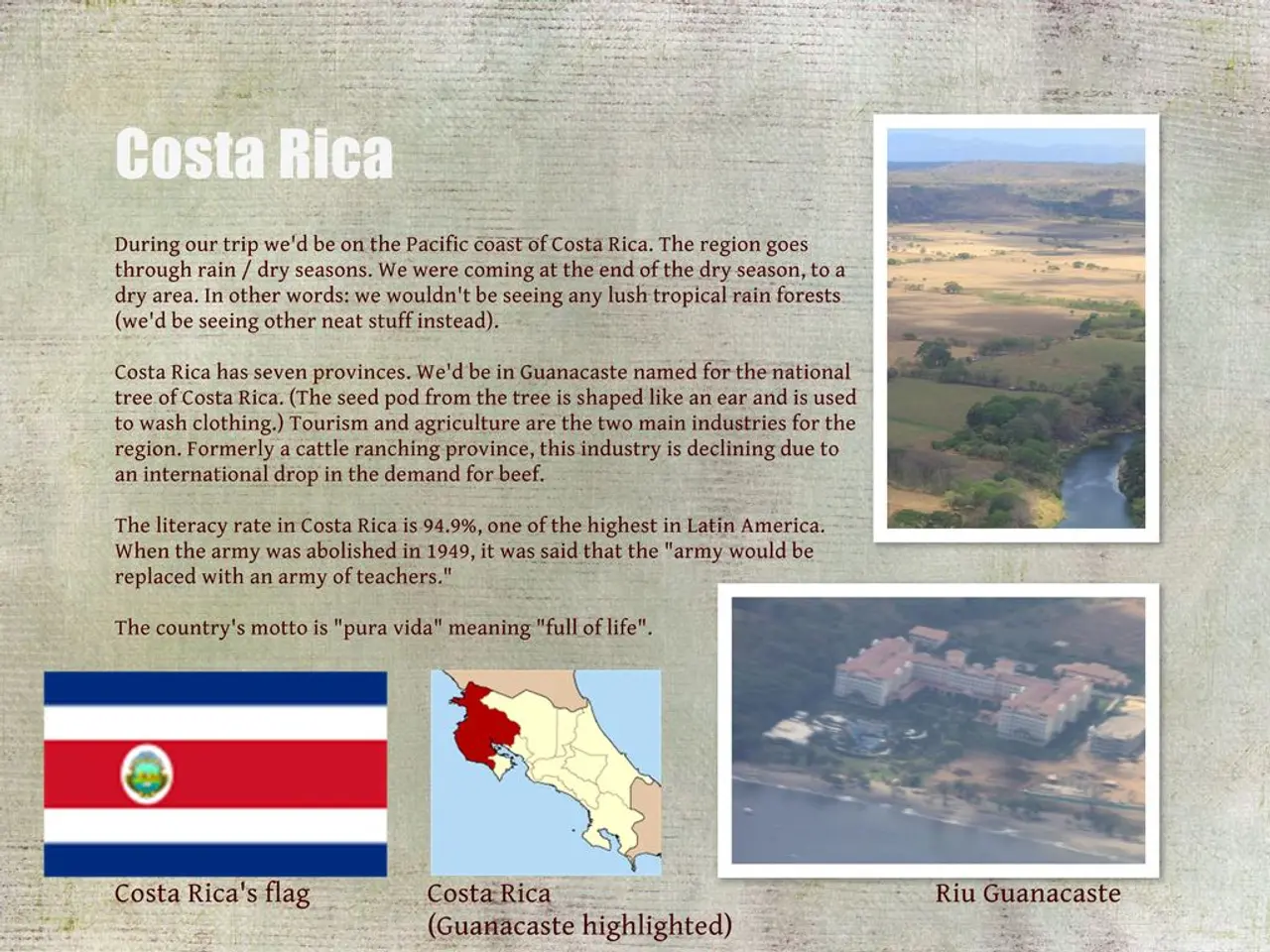Tourism sector in UN commemorates inaugural Regional Congress of Tourism Law Observatory in Punta Cana, for Latin America and Caribbean region
Sustainable Tourism Law Conference Reinforces Commitment to a Greener Future in Latin America and the Caribbean
A significant conference focused on sustainable tourism law was held in Punta Cana, Dominican Republic, marking a milestone in the consolidation of a regional legal approach to sustainable tourism development. The event, organized by UN Tourism, Grupo Puntacana, Quiroz Advisors - QA Legal, and the Ministry of Tourism of the Dominican Republic, brought together dozens of legal professionals, government representatives, international organizations, and key players in the tourism sector.
Over two days, experts and authorities discussed challenges and opportunities in tourism from a legal perspective, focusing on sustainability, governance, land use planning, short-term tourism rentals, accessible tourism, and access to green investments. Tourism Law was emphasized as a key tool to build more resilient and sustainable tourism destinations.
The First Regional Congress on the Tourism Law Observatory highlighted the need for clear legal perspectives that support sustainable development in the region’s tourism sector. A working group on Governance and Land Use Planning was formed, with representatives of Member States, UN Tourism, and Tourism Law experts developing legal recommendations on land use planning and land management as a tourism resource.
Prominent international guests attended the conference, including Alicia Gómez, who stressed the importance of clear and transparent legal frameworks, inclusive governance models, and a cross-cutting approach to economic, social, and environmental sustainability. The Minister of Tourism of Ecuador, Mateo Estrella, and the Vice-Minister of Tourism of the Dominican Republic, Carlos Peguero, also attended the conference.
The conference reinforced the commitment of UN Tourism and its partners to creating more sustainable and competitive destinations. Specifically, the key recommendations emphasize developing comprehensive regional strategies that integrate sustainability principles into tourism policy and law. These involve fostering climate-smart, community-driven, and technology-enabled solutions; enhancing stakeholder capacity; promoting regenerative and inclusive tourism development; and monitoring effectiveness through evidence-based governance mechanisms.
Initiatives such as The Bahamas’ Sustainable Island Challenge and the Caribbean Tourism Organization’s appointment of a Deputy Director of Sustainable Tourism reflect a strategic focus on regenerative tourism development backed by strengthened policy frameworks, capacity building, showcasing best practices, and monitoring to ensure that tourism law and governance align with sustainability goals.
A post-conference on green investments was held with the participation of the Development Bank of Latin America (CAF) and the Inter-American Development Bank (IDB), where financial mechanisms to promote a more inclusive and sustainable tourism economy were explored. Representatives from the business, academic, and financial sectors of the region also attended the conference.
The conclusions from the working group will serve as a basis for developing good practice guidelines and future actions by the LAC Observatory in this area. Additionally, specialized training was provided to the private sector on the application of international standards for accessible tourism. The conference underscores the collective efforts towards a greener and more sustainable future for tourism in Latin America and the Caribbean.
- The sustainable tourism law conference in Punta Cana emphasized tourism law as a crucial tool for building more resilient and sustainable tourism destinations.
- Experts at the conference discussed challenges and opportunities in tourism, focusing on sustainability, governance, and land use planning.
- A working group on Governance and Land Use Planning was formed during the conference, to develop legal recommendations on land use planning and management as a tourism resource.
- Alicia Gómez, an international guest at the conference, emphasized the importance of clear and transparent legal frameworks, inclusive governance models, and a cross-cutting approach to sustainability.
- The conference emphasized the need for comprehensive regional strategies that integrate sustainability principles into tourism policy and law.
- The post-conference on green investments explored financial mechanisms to promote a more inclusive and sustainable tourism economy, with participation from the Development Bank of Latin America (CAF) and the Inter-American Development Bank (IDB).
- The conference underscored the commitment to a greener and more sustainable future for tourism in Latin America and the Caribbean, where education-and-self-development, lifestyle, technology, and finance are all interconnected with sustainability goals.





